Amr Tarek
Engineering Innovation
 © 2025 All rights reserved.
© 2025 All rights reserved.

Rust Functions
When you need several operations to execute one after another we put these operations into a functions
Function
The function is a block of code limited by curly braces, which contains a couple of instructions that can do by the machine.
To make a function in Rust you have to use the fn keyword then the function name then round brackets
fn functions()
{
}Call a function
fn main() {
functions();
}Arguments (By value)
It is the values that the functions take
fn print_value(x: i32)
{
println!("value = {}", x);
}
fn main()
{
print_value(33);
// value = 33
}Change Arguments (By reference)
fn increase(x: &mut i32)
{
*x += 1; // dereference the x value
}
fn main()
{
let mut z = 1;
increase(&mut z);
}Return value
fn product(x: i32, y: i32) -> i32
{
x * y // without the semicolone
}
fn main()
{
let a = 3;
let b = 5;
let p = product(a, b);
println!("{} * {} = {}", a, b, p);
}Methods
The method is a container function, so in rust, the container is the struct data type.
struct Point
{
x: f64,
y: f64
}
struct Line
{
start: Point,
end: Point
}
impl Line
{
fn len(&self) -> f64
{
let dx = self.start.x - self.end.x;
let dy = self.start.y - self.end.y;
(dx*dx + dy*dy).sqrt()
}
}
fn methods()
{
let p = Point { x: 3.0, y: 4.0};
let p2 = Point { x: 5.0, y: 10.0};
let myline = Line { start: p, end: p2 };
println!("length = {}", myline.len());
}Closures
It is creating a function and store it in a variable
fn say_hello() {println!("hello");}
fn main()
{
let sh = say_hello;
sh();
// hello
}The syntax for closure
fn closures()
{
let plus_one = |x:i32| -> i32 { x + 1};
let a = 6;
println!("{} + 1 = {}", a, plus_one(a));
let mut two = 2;
{ // make scope for the closure
let plus_two = |x|
{
let mut z = x;
z += two;
z
};
println!("{} + 2 = {}", 3, plus_two(3));
}
let barrow_two = &mut two;
}